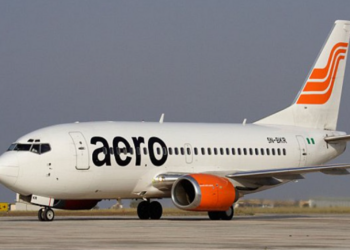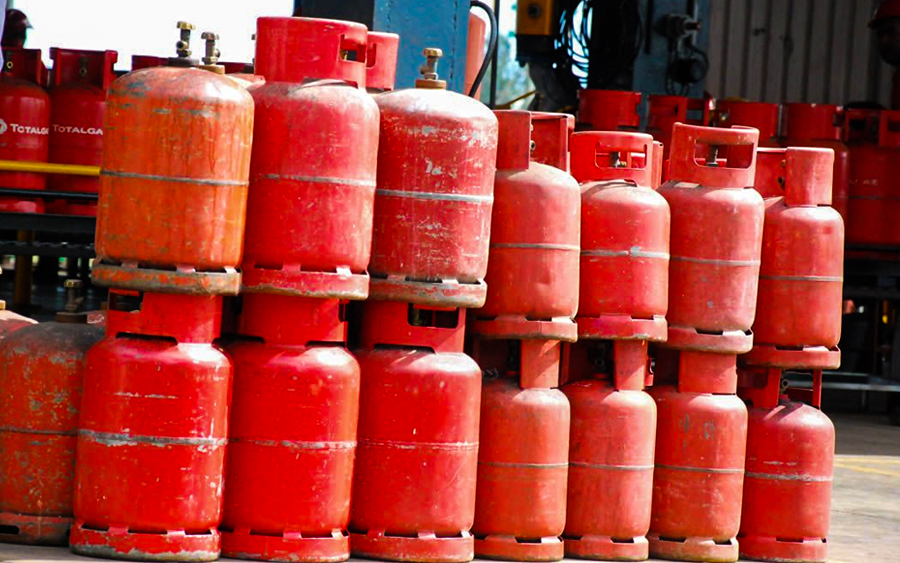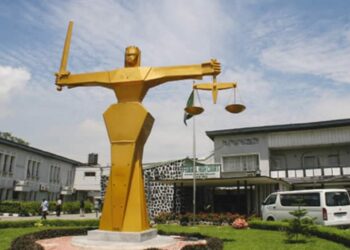Several months following the aviation fuel contamination incident involving Nigeria’s domestic carrier, Max Air, the Nigeria Civil Aviation Authority (NCAA) has imposed suspensions on all unlicensed oil markets and those with expired licenses, preventing them from supplying and refuelling aircraft at any of the country’s airports.
It should be recalled that the NCAA and the Nigerian Midstream and Downstream Petroleum Regulatory Authority (NMDPRA) convened a series of meetings to address the incident involving aviation fuel suppliers at airports.
After a thorough review, the regulatory authority chose to suspend those suppliers who failed to meet the required standards and certification.
The NCAA then announced the suspension during the inaugural session of the collaborative NCAA Audit Committee responsible for overseeing all Aviation Fuel Activities in Nigeria.
According to the Director General of NCAA, Captain Musa Nuhu, the detection of non-licensed aircraft fuelers and expired license holders was achieved in collaboration with NMDPRA.
Nuhu who was represented by Director, Operations, Licensing and Training Standards, Capt. Ibrahim Bello Dambazau, said:
- “This collaboration with NMPDRA has yielded positive results so far. The collaboration has led to the identification of all non-licensed fuellers and those with expired licenses. That has led to the suspension of all their activities in the airport in Nigeria.”
Furthermore, he pointed out the recent issuance of an All Operators Letter (AOL), making it mandatory for operators to follow approved fuelling requirements. He emphasized the NCAA’s increased vigilance in ensuring comprehensive compliance.
He claimed that the recent fuel contamination incidents, especially those involving Max Air, have garnered attention not only within the country but also internationally.
- “This has created negative publicity in the industry and a level of fear amongst the public, which is justified,” he said.
More insights
Nuhu, the aviation authority spokesperson, has provided reassurances regarding the safety of Nigerian airspace. He emphasized that the Nigerian Civil Aviation Authority (NCAA) has consistently demonstrated a rigorous and comprehensive approach when it comes to granting approvals and overseeing aviation operations within the country.
Nuhu further conveyed a strong commitment to upholding high safety standards, underscoring the thoroughness with which the NCAA evaluates and authorizes various aspects of aviation, thereby ensuring the continued safety of the skies over Nigeria.
Additionally, he mentioned that the oversight responsibilities of the Civil Aviation Authority (CAA) have seen a significant expansion.
These enhanced responsibilities encompass a broader scope, extending to the monitoring, surveillance, and audit processes of all aviation operators within their jurisdiction.
This augmentation of the CAA’s duties represents a substantial effort to bolster safety and regulatory compliance within the aviation industry.





















